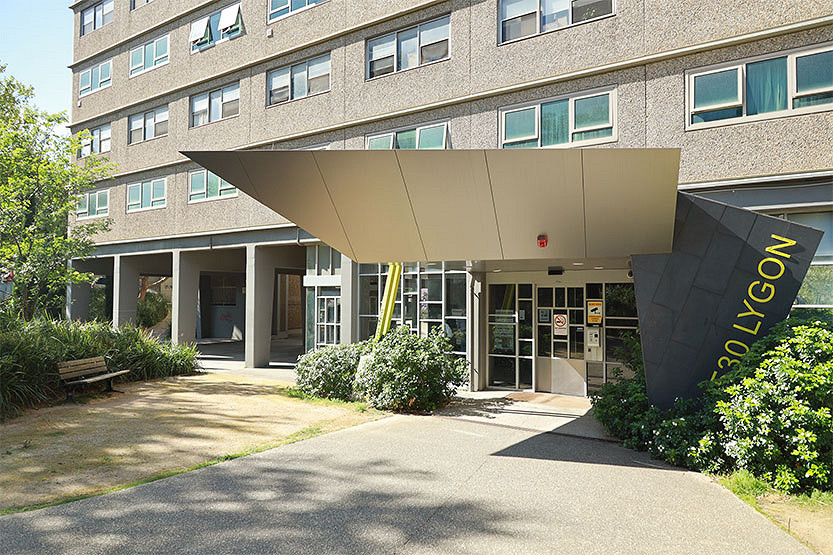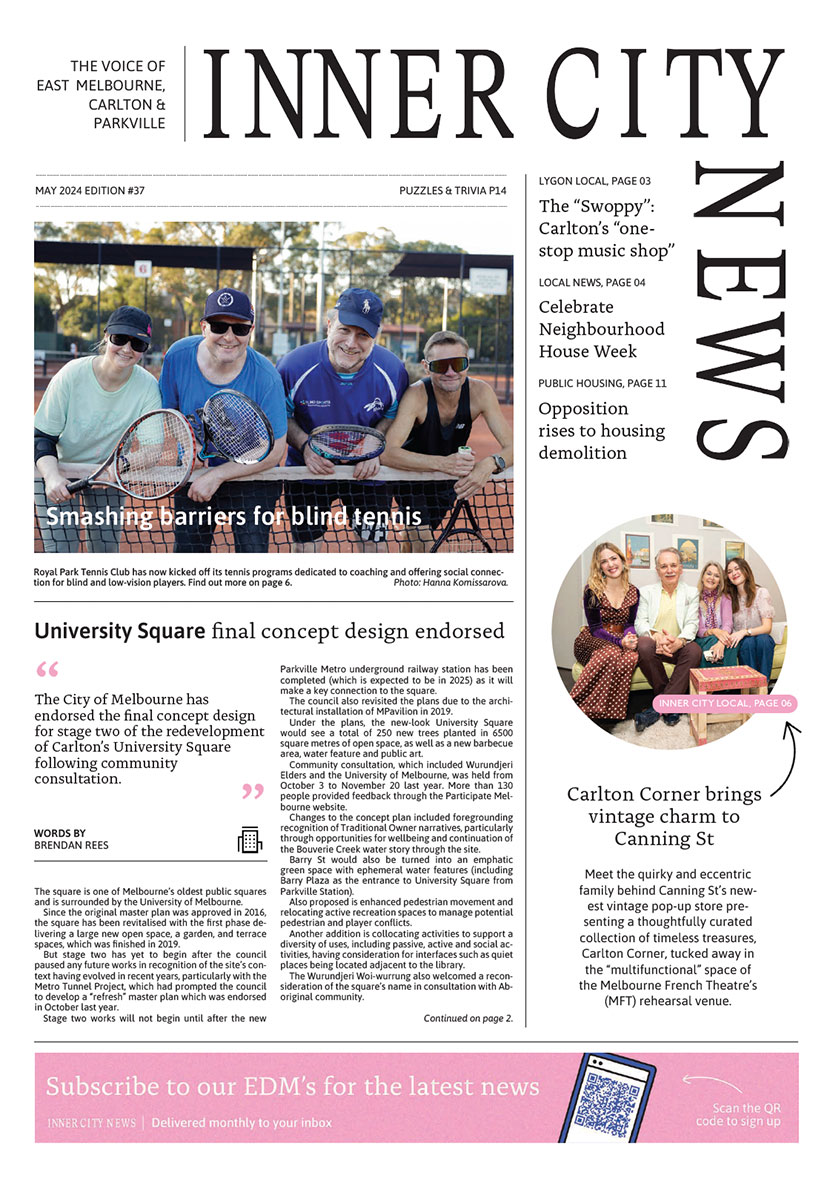For the state government, housing is about revenue – not a human right
The Victorian State Election will be held on Saturday, November 26 this year and we will be hearing a lot about housing between now and then.
Lobby groups for private businesses have already come out swinging condemning a range of taxes. They oppose the windfall tax on profits made when landowners have their land rezoned for redevelopment; want stamp duty abolished on home purchases and replaced with an annual land tax; and don’t want a return to the levy proposed last year on new housing projects that would fund extra community housing across Victoria.
Victorian Governments have had a historic reliance on revenue from dwelling sales and, in the absence of other sources of revenue to stamp duty being raised, the Labor Party will probably not go to the election with a plan to dump stamp duty altogether. Home buyers may be offered an option of stamp duty or annual tax, as has happened in NSW for first home buyers.
The public debate is all only about government revenue. Nothing is being said that housing should be a human right.
Regional Victoria and Melbourne suburbs have an escalating housing affordability crisis
If you have the money already or can access it through loans, you can buy housing in the private market and force the eviction of those who have been renting it into homelessness, having to live in their cars, caravans, in tents or on the streets.
Melbourne has lost many households as a result of the COVID-19 pandemic as workers realised they don’t have to be in the city to work remotely if that was what they were already doing, or their employer is supporting ongoing remote work arrangements.
In a recent article by the ABC assessing the rental crisis identified the factors driving it. Seven were nominated:
- The “race for space” has shrunk the average household size, creating more households.
- Chronic undersupply of social housing has pushed higher numbers of vulnerable Australians into the private rental market.
- Australians are renting for longer because they can’t afford to buy. This worsened during the pandemic, which sent property prices soaring.
- Investment weakened throughout the pandemic. Some investors cashed out during the pandemic price boom, reducing the supply of rental properties.
- International students and overseas migrants are beginning to return, adding pressure to an already strained rental market.
- Some landlords may be passing the cost of higher interest rates onto tenants (although this is made possible by low vacancy rates.
- As tourism recovers, more investors are leasing their properties on short-term letting sites such as Airbnb.
We need a plan to make housing a human right in Victoria – start with a rent freeze
Instead of simply talking up and working for a return of international students and more migrants, governments should be held responsible for ensuring it won’t further impact on rents in Victoria.
I support a rent freeze for the whole state for at least two years and an assessment of what to do after that period. A rent freeze should include public and community housing. The recent increases in social security payments – woefully inadequate as they are – should not be an opportunity for these landlords to take away 25 to 30 per cent of the increases in additional rent.
A rent freeze can be the first step in developing a plan for having housing as a human right in Victoria.
All current projects for demolition of public housing should be abandoned. Their redevelopments after four years have delivered no new public housing and is all about substituting it with higher than public housing rent community housing, full or slightly discounted market priced rental housing and dwellings for homeowners and investors.
We need a new state parliament after the November election made up of MPs committed to housing as a human right and enough in numbers to force a new government to put it in place and negotiate with the federal government to provide substantial funding to make it happen. •

Treasured First Nations artwork presented to the University of Melbourne







 Download the Latest Edition
Download the Latest Edition